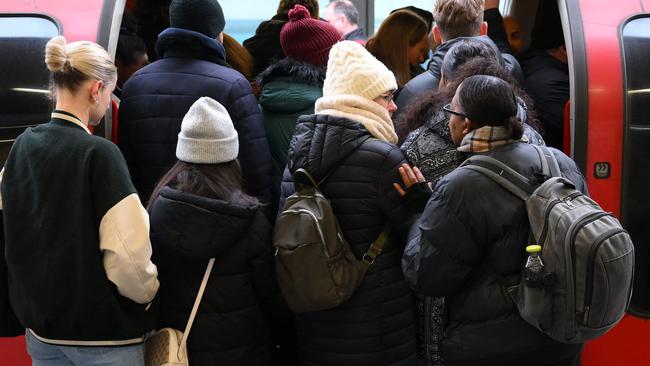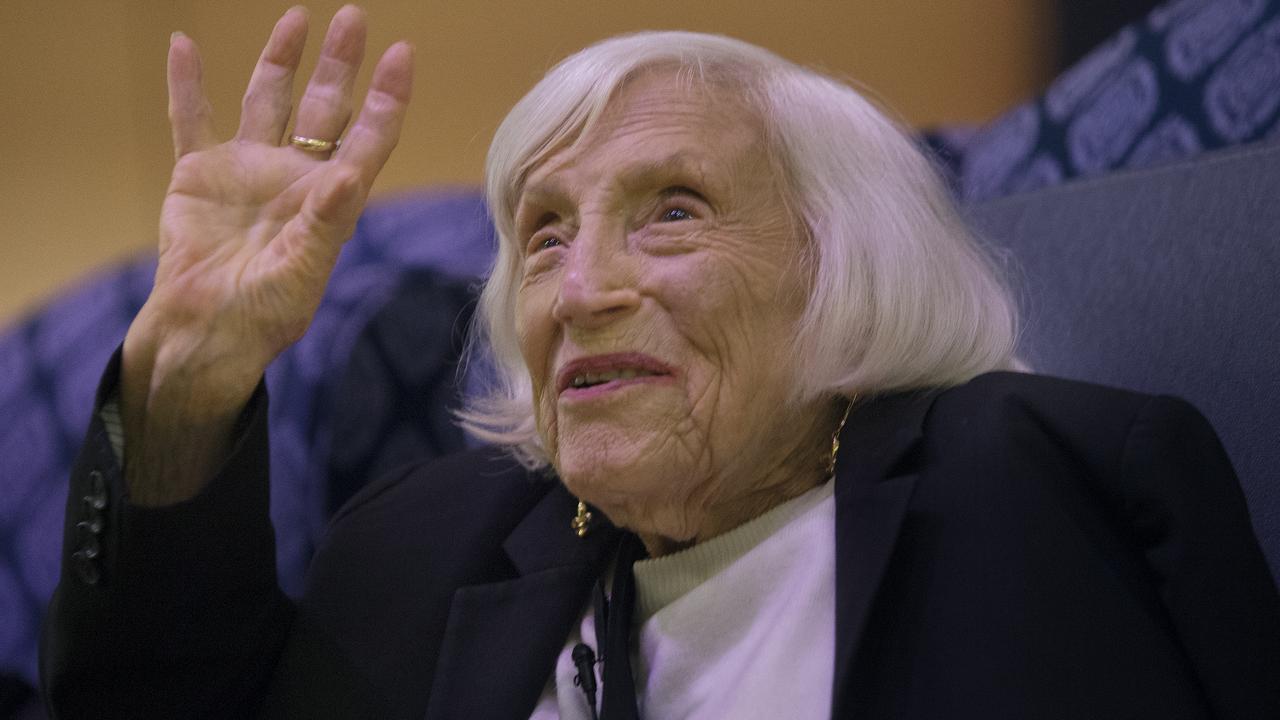Rishi Sunak to get tough on UK strikers
British Prime Minister Rishi Sunak is considering putting anti-strike laws before MPs for a vote, amid warnings that rail strikes could last until June.

British Prime Minister Rishi Sunak is considering putting anti-strike laws before MPs for a vote, amid warnings that rail strikes could last until June.
As many as 80,000 trains will be cancelled this week as a result of two unions striking over five days, the new year offering no respite from the industrial action sweeping Britain.
Passengers have been advised to travel only if absolutely necessary, to allow extra time and check departures.
The disruption could give impetus to the Prime Minister’s determination to introduce legislation to curb strikes. A bill containing proposals for minimum staffing levels during strikes in public services could be voted on this month. Should he wait longer, a bill might incorporate further-reaching proposals, potentially including a ban on strikes.
Conservative strategists hope that anti-strike legislation, an idea championed by former prime minister Liz Truss, would force a dividing line with Labour. Leader Keir Starmer has suggested that he would oppose such laws.
Ministers expect that any legislation would receive close scrutiny in the House of Lords, meaning that it would be unlikely to pass for months.
Business groups have said that the action could turn high streets into “ghost towns”. One senior industry source said that hard-pressed commuters faced the “most disruptive week on Britain’s railways in a generation”.
The RMT union, which represents workers including signallers and station staff, will strike on Tuesday, Wednesday, Friday and Saturday.
ASLEF, which represents train drivers, will strike on Thursday. Mick Whelan, its general secretary, said: “We would love to find a resolution. The ball is firmly in the government’s court.” An ASLEF source said that without an improved offer the strikes could go on until June.
RMT general secretary Mick Lynch accused the government of blocking a deal. He said he was willing to negotiate but wanted an offer that his members could vote on.
Network Rail chief executive Andrew Haines said: “Our passengers are having to again bear the brunt of the RMT’s pointless strike when a fair offer is on the table.”
UK Hospitality chief executive, Kate Nicholls said: “Hospitality is facing a new year hangover as rail strikes delay the return to work … This piles misery on commuters, visitors and tourists.”
The bosses’ lobby group the Confederation of British Industry called for all parties to “focus … on the constructive dialogue needed to resolve disputes”.
About one in five trains run on half the network during RMT strikes but only one in 10 run when drivers walk out and 16 million passenger journeys will be hit, costing bars, pubs, restaurants and hotels about £200m ($355m).
The Department for Transport said: “Inflation-matching pay increases for all public sector workers would cost everyone more in the long term, worsening debt, fuelling inflation and costing every household an extra £1000.”
The Times



To join the conversation, please log in. Don't have an account? Register
Join the conversation, you are commenting as Logout